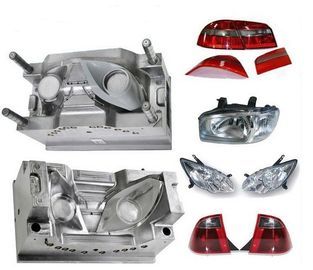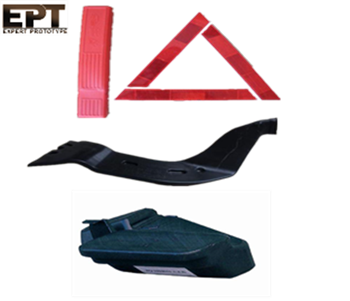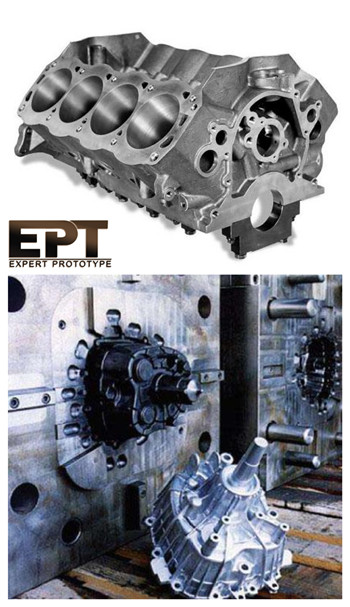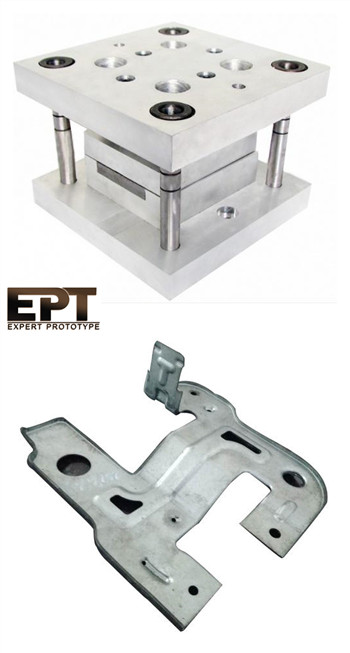Prototype Tooling for Preseries and small-batch series production
Our experienced Rapid Tooling and molding engineers will work with the customer throughout the entire process and can transition the customer to our production level molds when production quantities require.
EPT team has extensive experience producing the following types of Rapid Toolings:
1. Injection Soft Tooling for Plastic Parts
2. Blowing Soft Tooling for Hollow Blow Parts
3. Die Casting Soft Tooling for Aluminium /Zinc Alloy Parts
4. Sheet Metal Soft Tooling for Stamping Parts
Rapid Tooling Rapid Tooling,Rapid Tooling Parts,Rapid Aluminum Tooling Ningbo Expert Mould Plastic Co., Ltd. , https://www.prototypesmaker.com
Improving safety and efficiency is the focus of the Nuclear Energy Technology (NEET) program. NEET recently awarded $66 million to various beneficiaries to increase the nuclear industry's projects.
Swanson College of Engineering will work with the Massachusetts Institute of Technology reactor laboratory, Westinghouse Electric Company and the National Energy Technology Laboratory. Professor Paul E. Lego, Professor of Electrical and Computer Engineering at the University of Pittsburgh, will lead the study.
The goal of the project is to develop radiant hard, multifunctional, distributed optical fiber sensors and sensor fusion elements that can be placed in the core of a nuclear reactor. The group will use 3D printing technology and groundbreaking laser manufacturing methods, hoping to produce high-temperature-stable sensors and distributed optical fiber sensors for radiation-hardening high spatial resolution measurements of silicon dioxide and sapphire fibers.
This NEET grant will enable our labs to continue to establish partnerships with leading technology companies and national laboratories to develop solutions to some of the most pressing issues affecting nuclear energy production. Advances in sensor technology can greatly enhance sensitivity and resolve data in harsh environments, such as nuclear reactions, thereby improving safety operations.
Previously, Kevin Chen’s research on optical sensing technology has achieved unprecedented acclaim and won the 2017 Carnegie Science Award. The "Energy Innovation Award" recognizes Dr. Kevin Chen's contribution to improving energy production efficiency and the safety of transportation infrastructure in the energy industry.
In addition to the recent NEET allocation, the program also gave him a grant of $987,000 in 2014 to study a highly sensitive, high-precision sensor network. The fiber optic sensor network allows nuclear engineers to react more sensitively to problems in nuclear reactors and other fuel cycle systems, thereby improving safety and reducing operating costs.
According to Kevin Chen, “We have developed a network that can hold 100 sensors per meter and can be placed at key locations to quickly transfer information to plant operators and spread the problem to other areas.â€
For the University of Pittsburgh, in addition to NEET, it also benefited from the funding of other departments of the University of Nuclear Energy program, a total of about 2.8 million US dollars. Between 2009 and 2016, NEUP awarded two R&D projects totaling approximately US$1.7 million and general scientific infrastructure funding of approximately US$300,000. The program has awarded five scholarships, totaling about 7.7 million yuan, and another 11 scholarships of 70,000 yuan.
Due to undeniable facts of climate change, investments in nuclear research should make significant progress in the near future, as dependence on fossil fuels and other conventional sources of energy is becoming increasingly unfavorable. The role of 3D printing technology in the development of new energy technologies may increase accordingly.
(Original title: University of Pittsburgh received $12.75 million grant to research 3D printed nuclear sensors)
By working closely with the customer and design team, we understand that real materials and higher quantities of parts are critical for testing, development,bridge production and clinical builds in very tight schedule.
Prototype tooling offers complex injection molded parts with the shortest possible lead times.
You don`t have to re-design or simplify your parts for prototype tooling because our revolutionary process allows for undercuts and production quality tolerances and surface finishes.




[China Instrument Network Instrument Development] The US Department of Energy is injecting funds for nuclear energy development, and 3D Printing technology will play a key role in the latest research. The University of Pittsburgh Swanson School of Engineering received 12.75 million of this research, the focus of which is to develop advanced nuclear reactor sensors. Nuclear sensors will be manufactured using 3D printing and other intermittent laser manufacturing technologies.